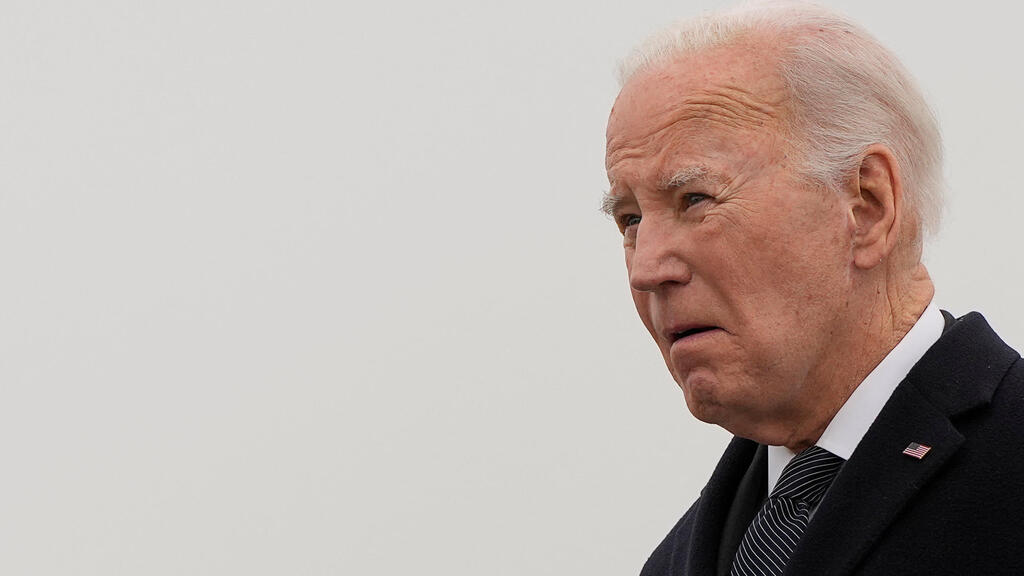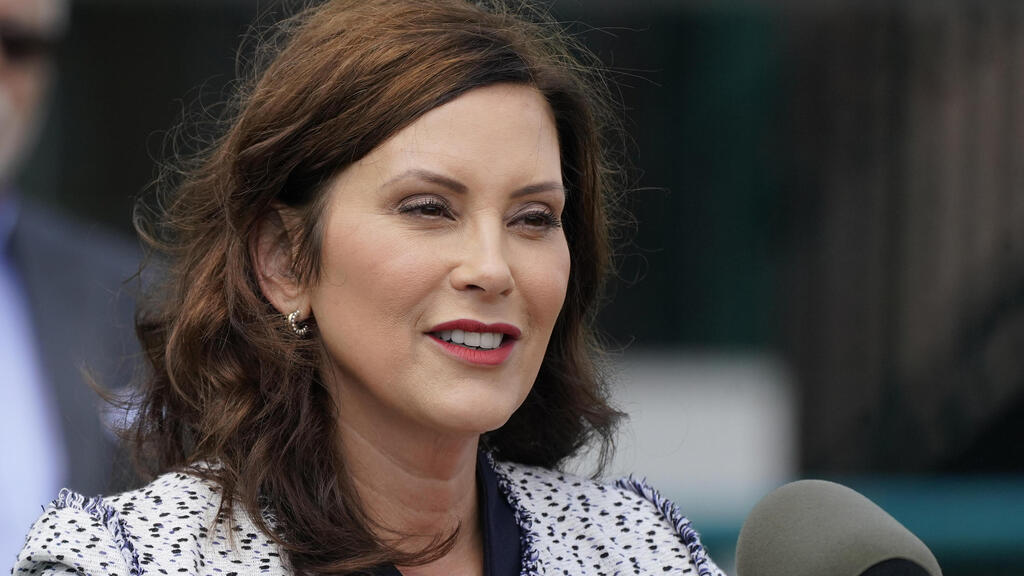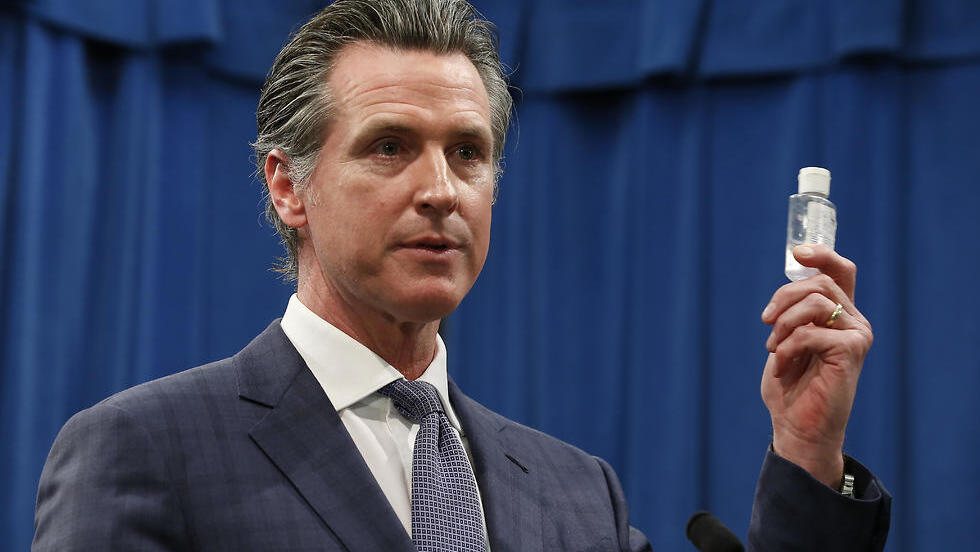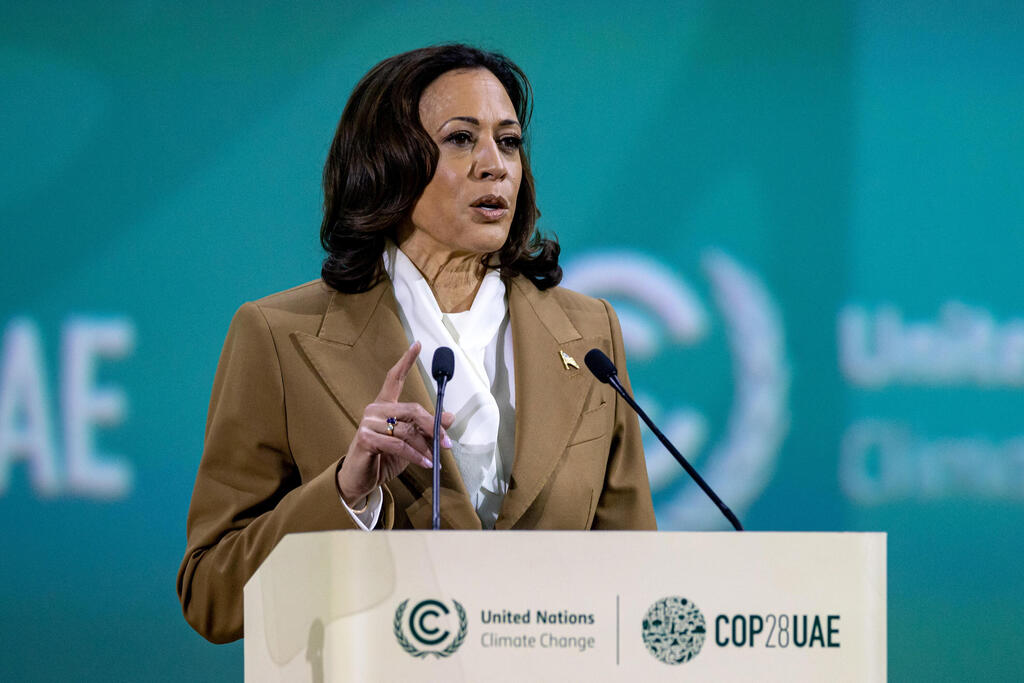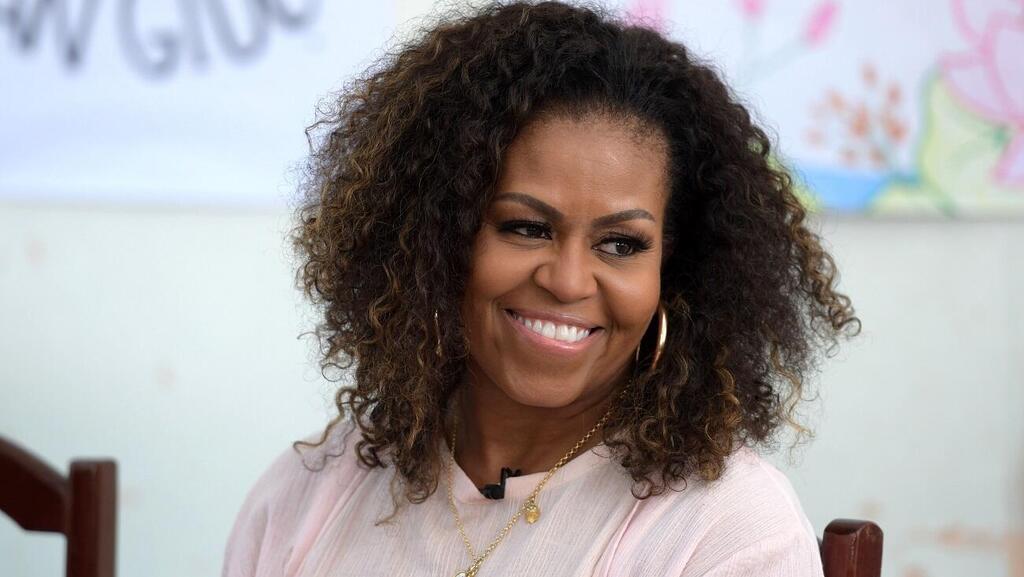American politics, caught in a relentless campaign cycle toward the November 2024 presidential elections, faces a significant issue: the constant campaigning leaves little time for governing the country.
More stories:
The incoming president has about one year to enact substantial policies before congressional mid-term campaigning starts. If fortunate, and their party secures a victory in these elections, the president might gain an extra six months to pass additional legislation or significant policies.
However, the presidential campaign season quickly resumes, with elections just 18 months away. The 24-hour news cycle exacerbates this, filling vast amounts of airtime with continuous discussion.
In the current landscape, President Joe Biden's age has become a focal point of lively discussion in the American media. Panels comprising at least eight pundits have devoted considerable time over the past week to speculative debates on potential successors for Biden as the Democratic presidential nominee.
However, this speculation is unfounded, as there is no apparent strategy within the party to replace Biden. Had there been any serious intent to nominate a different candidate, a challenger would likely have emerged during the primaries. The only scenario in which Biden would not be the nominee is if he chooses to withdraw from the race, a decision that would presumably be driven by health concerns.
President Biden is 81 years old and will turn 82 in November. Upon his victory in the 2020 elections, he became the oldest serving U.S. president in history. Despite this, no one in Washington, including his most ardent critics, has accused him of cognitive decline or of being unfit to perform the duties of the presidency. However, there is a distinction between holding office and campaigning for it.
Biden's real challenge lies in the physical demands of the campaign trail, where he now appears more frail than he did four years ago. His speech is softer, and his movements are slower. Notably, last week he opted out of the traditional pre-Super Bowl interview, a move that some might interpret as a significant strategic misstep by his advisors.
Regardless of the circumstances, aside from health concerns, any discussions about President Biden not being the Democratic nominee are purely speculative, much like the predictions made by sports enthusiasts. However, such speculation, akin to sports talk, can be entertaining.
The names being floated, whether by insiders or outsiders, share common traits. Each potential candidate has their own strengths and weaknesses, but one notable similarity unites them: they are all significantly younger than Joe Biden.
Michigan Governor Gretchen Whitmer (52)
There is a clear consensus that Governor Whitmer epitomizes the ideal Democratic politician for the 21st century. She enjoys support from progressives, moderates and even conservative Democrats.
Her prominence rose sharply after a right-wing militia group plotted to kidnap her during the COVID-19 pandemic. Despite vehement protests from the right regarding her decision to implement state-wide lockdowns, her popularity has remained strong.
Additionally, as the governor of a pivotal Midwestern swing state, her significance is heightened by President Biden's declining support there, partly due to the war in Gaza.
Pennsylvania Governor Josh Shapiro (50)
The Jewish governor of another key Midwestern swing state is favored by Democrats who fondly remember Barack Obama. He embodies the "Yes We Can" spirit, distinguished by his eloquent oratory skills and a pragmatic approach that resonates well with voters.
7 View gallery
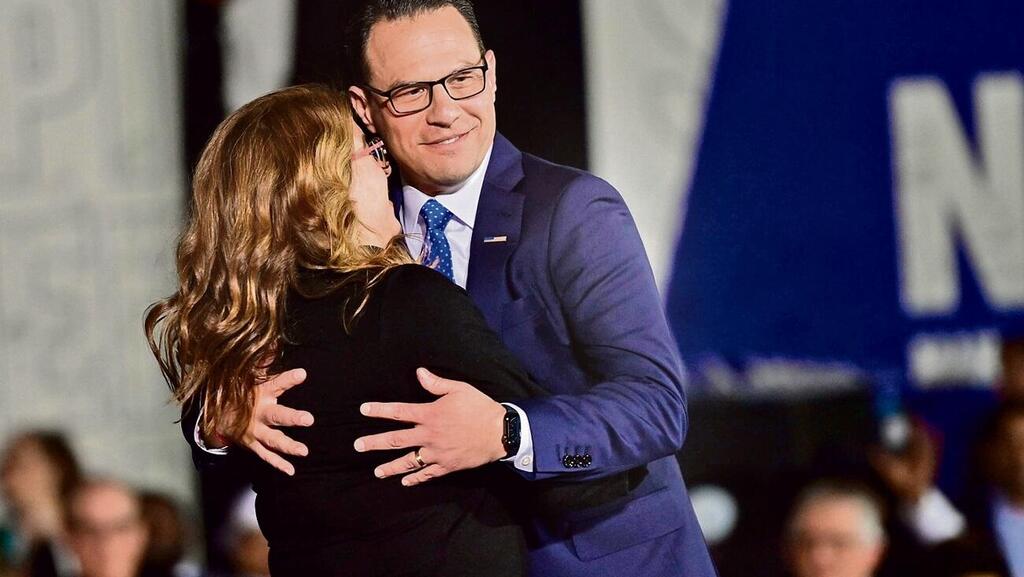

Josh Shapiro embraces his wife after winning the governorship of Pennsylvania in 2022
(Photo: AFP)
Long identified as a future leader of the party, like Whitmer, Shapiro initially dismissed any notion of running against Biden. However, his appeal as an alternative to the current president is enhanced, particularly at a time when antisemitism is increasing in the U.S.
California Governor Gavin Newsom (56)
Democrats have mixed feelings about Governor Newsom. On one hand, he stands out as the party's most formidable orator. As a confident and articulate liberal, he relishes engaging with his Republican counterparts, whether online or on television.
Serving his second term as the governor of the nation's largest state, Newsom is well-positioned to launch a presidential campaign. However, winning over independent voters could prove challenging. Having emerged as one of President Biden's staunchest allies, it is unlikely that he would spearhead any effort to displace the president from the race.
Vice President Kamala Harris (59)
A key reason Democrats are inclined to support Biden's continued candidacy is the potential complications of selecting a new nominee through the party convention. If Vice President Harris is not chosen as the presidential candidate—a strong possibility—the party risks division.
Polls indicate that Harris's approval ratings are even lower than Biden's. Her challenging first term has led to widespread skepticism among Americans, including many Democrats, regarding her suitability for the presidency.
Former First Lady Michelle Obama
Nothing tanks the credibility of pundit panels like including the former First Lady in the list of potential successors to Biden. She has consistently stated her disinterest in pursuing a political career, and her track record affirms her sincerity. Her name is mentioned primarily due to liberals' nostalgia for the Obama era and conservatives' fixation on the same.
Eight years after leaving the White House, the first African American president and his wife have become symbolic figures, eliciting varied interpretations based on individual perspectives. In a rational scenario, there would be a consensus that Michelle Obama is unlikely to seek the presidency. However, the current climate deviates from what many consider normal.



